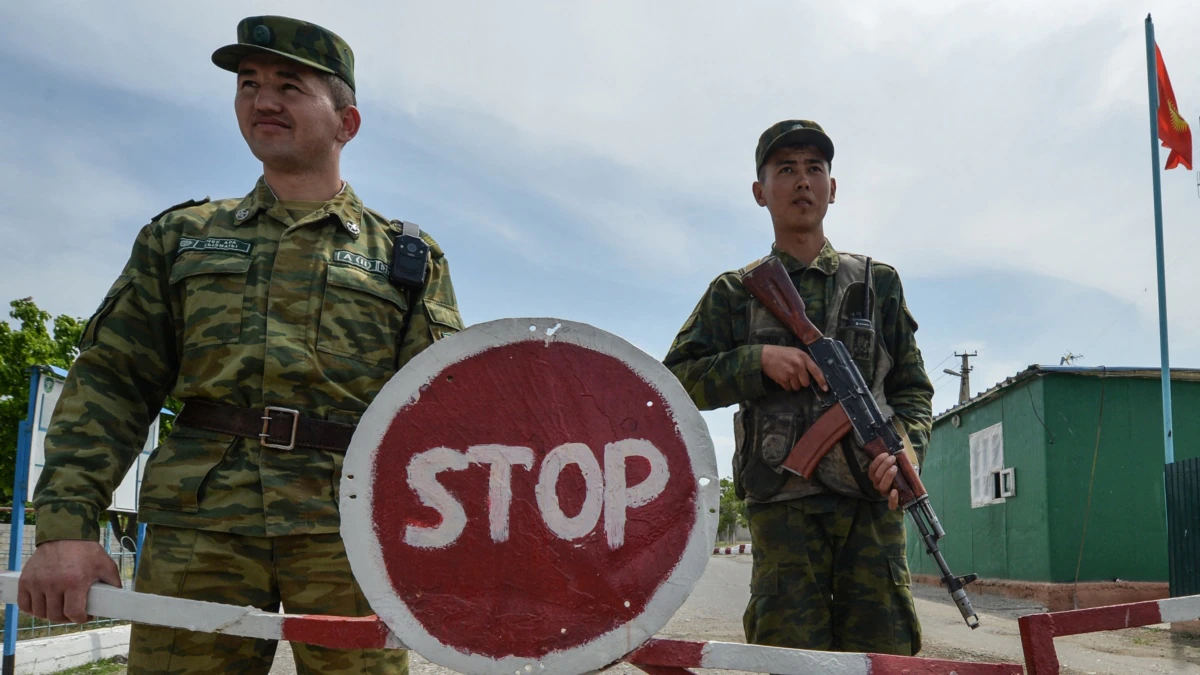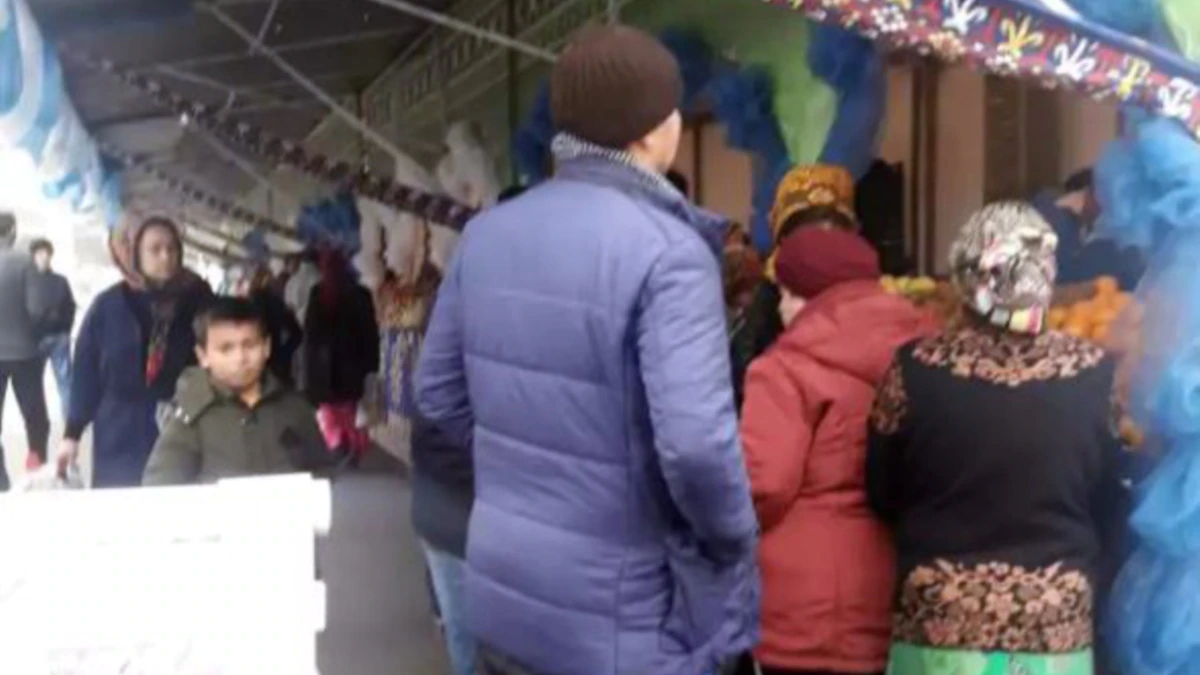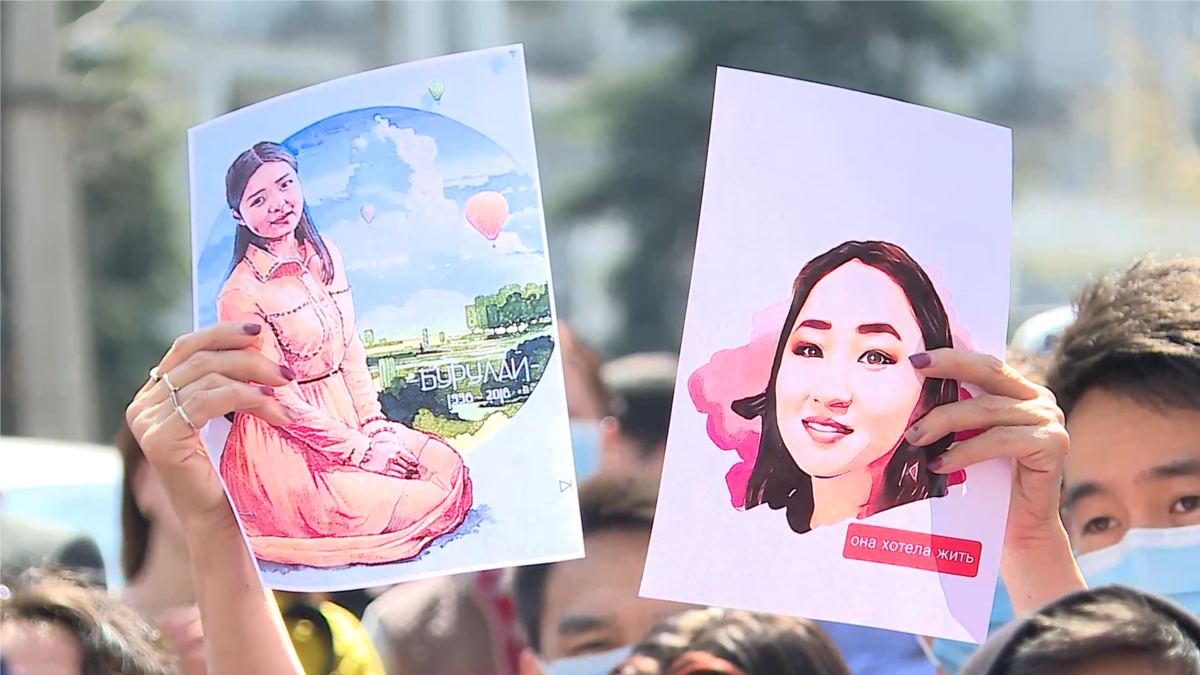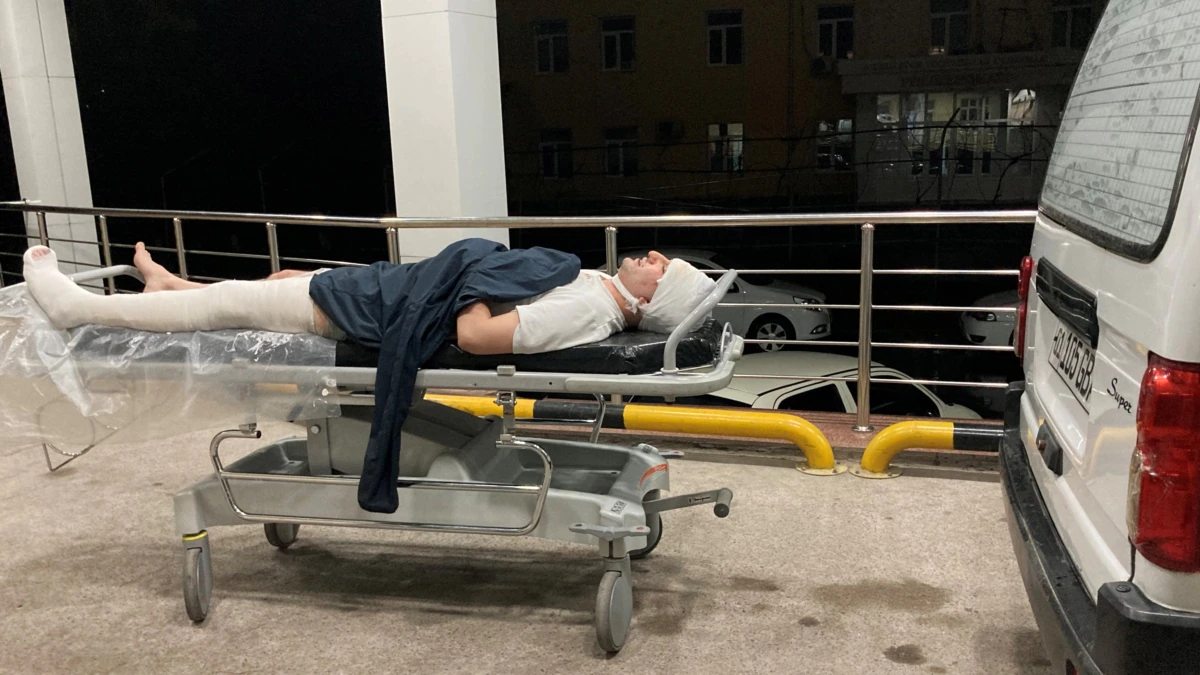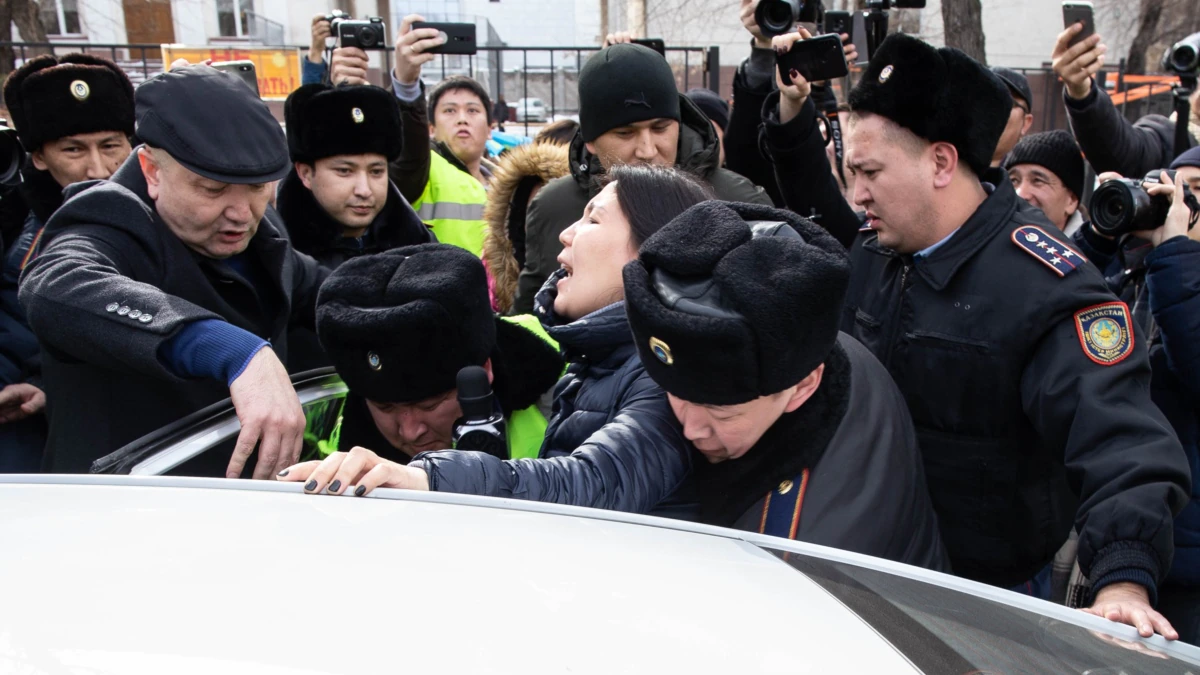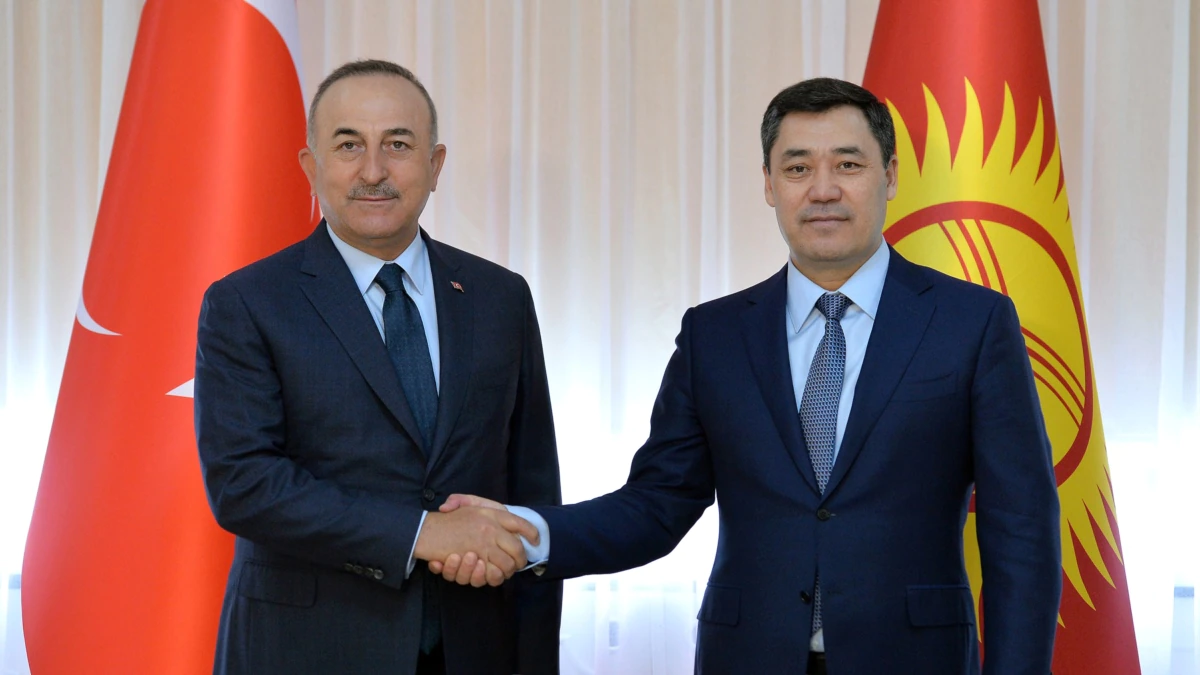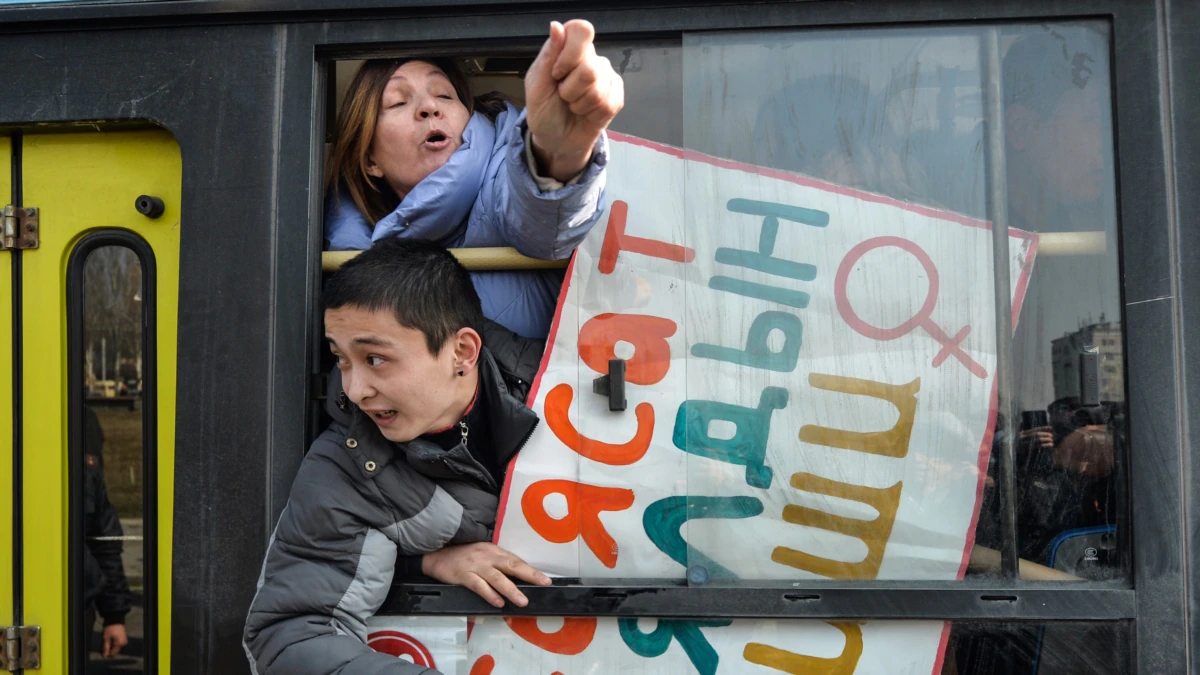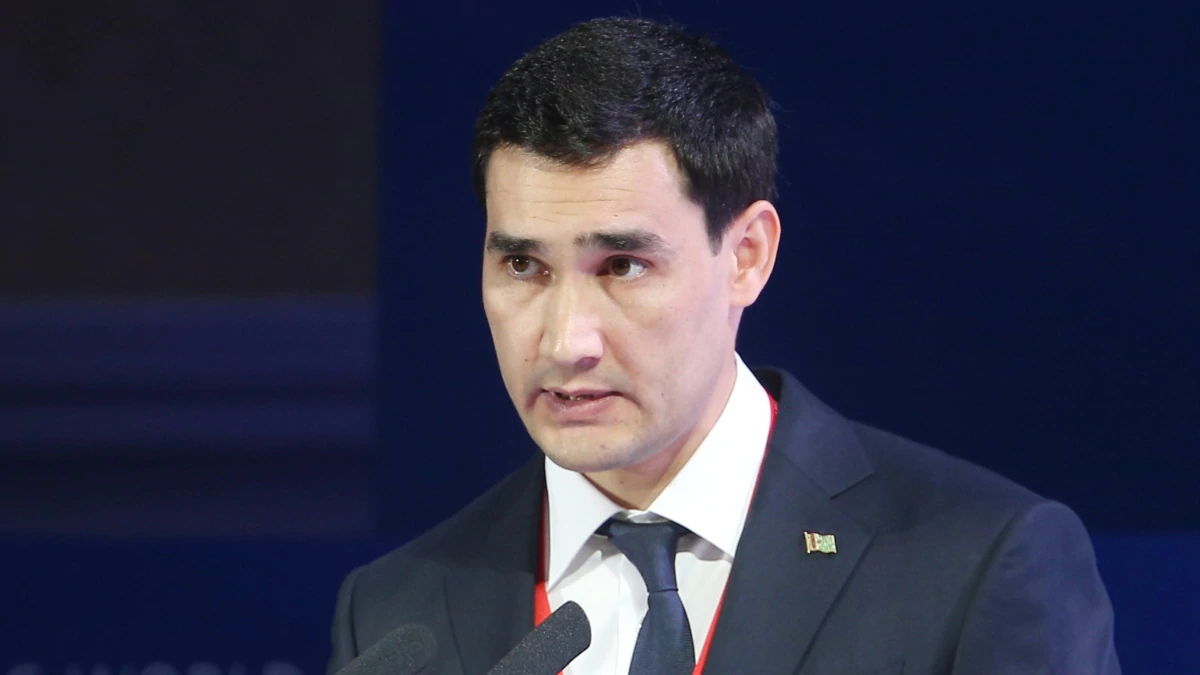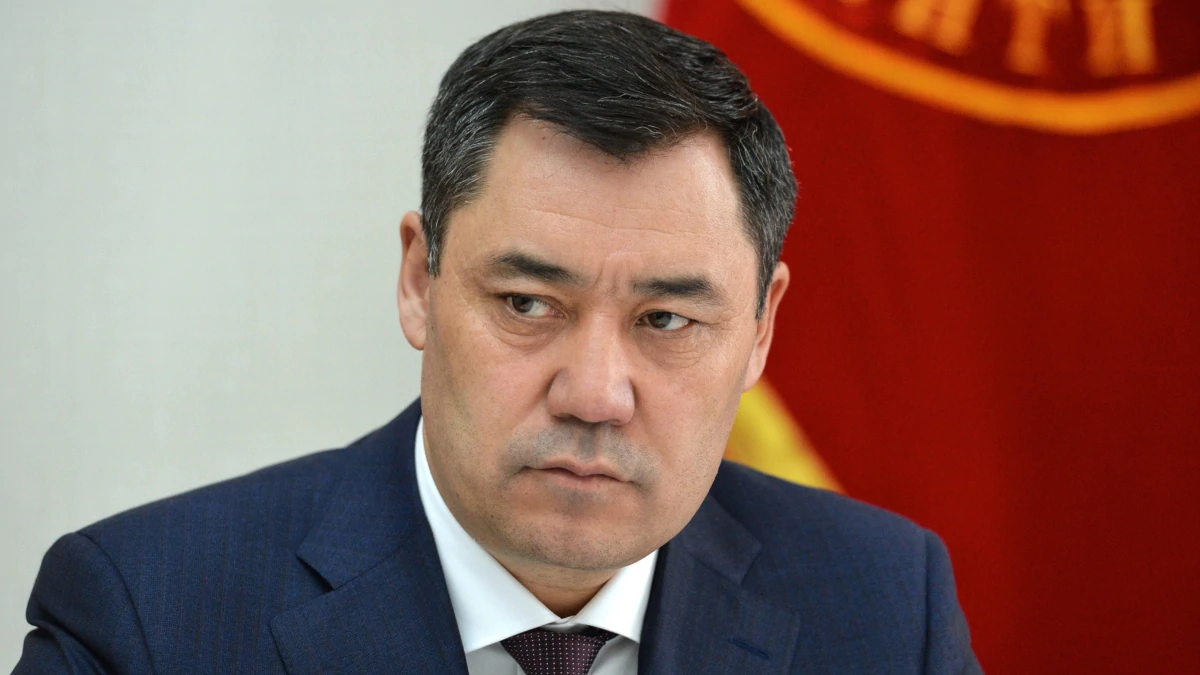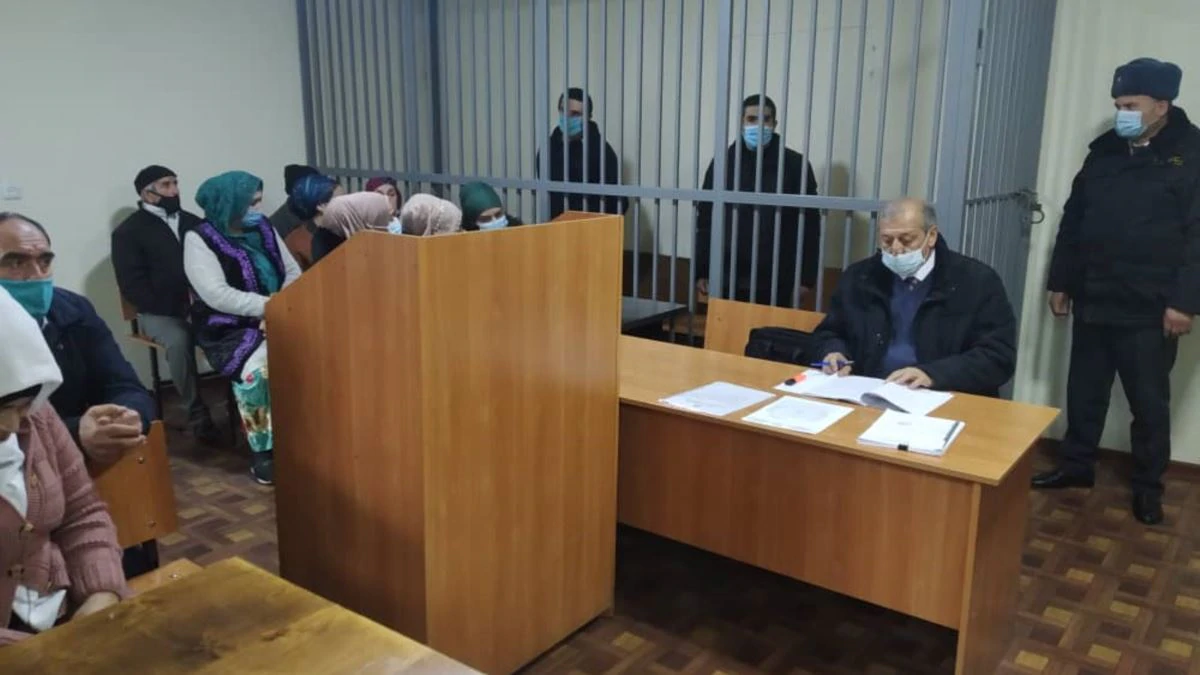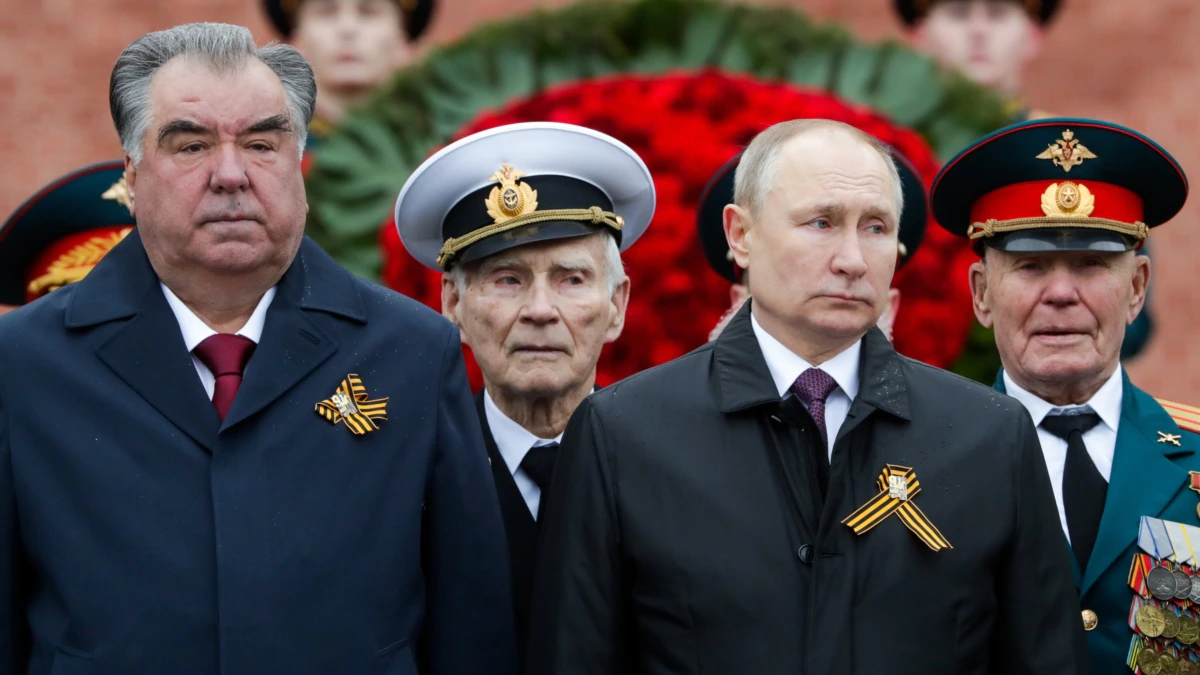
When hostilities broke out along the Kyrgyz-Tajik border at the end of April, many countries and organizations were quick to call for an end to the fighting and a peaceful resolution to the long-running border conflict.
No one wanted to openly side with either Kyrgyzstan or Tajikistan, let alone comment on the violence that left more than 50 people dead.
But in the days following an agreement between Kyrgyz and Tajik officials that halted the fighting, there have been hints of the positions of some leaders through their statements and actions.
Tajik President Emomali Rahmon was fortunate to have accepted an invitation months ago to make an official visit to Moscow for the May 9 Victory Day celebrations. Rahmon was the only head of state to attend the Moscow ceremonies but the trip allowed him an opportunity to meet with Russian President Vladimir Putin on May 8 and again the next day during the parade on Red Square.
Reports on the meetings of the two presidents did not mention any discussion of the April 28-30 fighting on the border, though Putin spokesman Dmitry Peskov said days earlier it would be on the agenda, and Putin had offered on April 30 to act as a mediator in the conflict.
Where Moscow Stands
Putin’s comments were interesting, as they seemed to indirectly address the problem between Kyrgyzstan and Tajikistan.
The topic of Russia’s bases in Tajikistan, where Russia’s 201st Division has been stationed since shortly after the end of World War II, is a perennial whenever Putin and Rahmon meet and with U.S. and other foreign forces withdrawing from Afghanistan. Putin said Russia would “work on strengthening [the bases] and on strengthening the armed forces of Tajikistan.”
The part about strengthening Tajikistan’s military was certainly noticed in Kyrgyzstan, even if Putin said the strengthening was needed because of increased fighting in Afghanistan. Though both sides in the border fighting took substantial losses, the casualty figures show that Kyrgyz took a worse beating in the fighting with the Tajiks.
The Kremlin has made many statements about the need for stability in Kyrgyzstan, where Russia also has a military base and where there have been three revolutions since 2005.
In July 2019, then-Kyrgyz President Almazbek Atambaev met with Putin in Moscow. Atambaev was in the midst of a feud with his successor, President Sooronbai Jeenbekov, but despite technically being under house arrest, Atambaev left Kyrgyzstan on a plane that departed from the Russian military base in Kant.
At the end of the meeting with Atambaev, Putin referred to the 2005 and 2010 revolutions in Kyrgyzstan: “Kyrgyzstan has endured several serious internal political shocks…at least two,” adding, “the country needs political stability.”
Putin also said that as part of achieving stability, the people in Kyrgyzstan should “unite around the current president and help him in developing the state.”
The feud between Atambaev and Jeenbekov did not end and barely two weeks later, elite troops of Kyrgyzstan’s Interior Ministry raided Atambaev’s compound outside Bishkek. After a deadly standoff, Atambaev surrendered and was eventually put in prison.
Then in October 2020, protests over the results of rigged parliamentary elections ousted Jeenbekov. But Moscow’s relations with the new government of President Sadyr Japarov have been icy.
Rahmon, on the other hand, has been in power in Tajikistan for nearly 29 years and, for the Kremlin, he represents stability in a country that borders Afghanistan. Russia has put a lot of effort and money into making Tajikistan a country that could hold the line against spillover from Afghanistan.
However, in his meeting with Rahmon on May 8, Putin also spoke about Tajik migrant laborers in Russia. “I know this is a sensitive issue for Tajikistan,” he said. “A significant volume of support for the families [of migrant laborers] is sent from Russia back home [to Tajikistan].”
That is true also for Kyrgyzstan. Hundreds of thousands of citizens of Kyrgyzstan and Tajikistan work in Russia and send money back to their families. Without these funds the economies of both countries would collapse, and the resulting economic decline would fuel social unrest.
By promising to lend further help to Tajikistan’s military, Putin might be sending a message to Kyrgyz authorities to forget about any thoughts of renewing aggression along the border with Tajikistan, and by mentioning the billions of dollars migrant laborers send back, he sends a message to both countries about the potential leverage Russia can employ against Tajikistan — or Kyrgyzstan — if either side takes measures along their common border that destabilize the situation.
Offering Condolences, Aid
While the Kremlin needs to maintain some sort of balancing act, other countries do not. Again, no country or international organization has come out on the side of either Kyrgyzstan or Tajikistan. But some have sent messages of sympathy over losses from the fighting.
Kazakh President Qasym-Zhomart Toqaev phoned President Japarov on May 1 to express his condolences to the victims of the fighting in the southern Batken Province, and to say Kazakhstan was ready to render humanitarian aid to Kyrgyzstan.
Toqaev also spoke with Rahmon, who reportedly “informed [Toqaev] in detail” about the history of the border conflict and the current situation. Toqaev also offered to help mediate between Kyrgyzstan and Tajikistan and is scheduled to visit Dushanbe on May 19-20.
On May 4, Turkmen Foreign Minister Rashid Meredov phoned Kyrgyz counterpart Ruslan Kazakbaev to offer Turkmenistan’s condolences “to family and friends of the deceased citizens of Kyrgyzstan.”
That same day, Armenian Foreign Minister Ara Ayvazyan phoned Kazakbekov with the same message. Ayvazyan also spoke with Tajik Foreign Minister Sirojiddin Muhriddin on May 4, but reports did not mention if Ayvazyan expressed any condolences for Tajik losses.
Japarov spoke with Putin on May 10 and the two reportedly discussed the recent fighting.
Putin promised to provide humanitarian aid for Kyrgyzstan, but a phone call is not the same as two days of meetings in Moscow, even though many of the details of the Putin-Rahmon talks — particularly their discussion of the fighting along the border — remain unknown.
This post was originally published on Radio Free.
